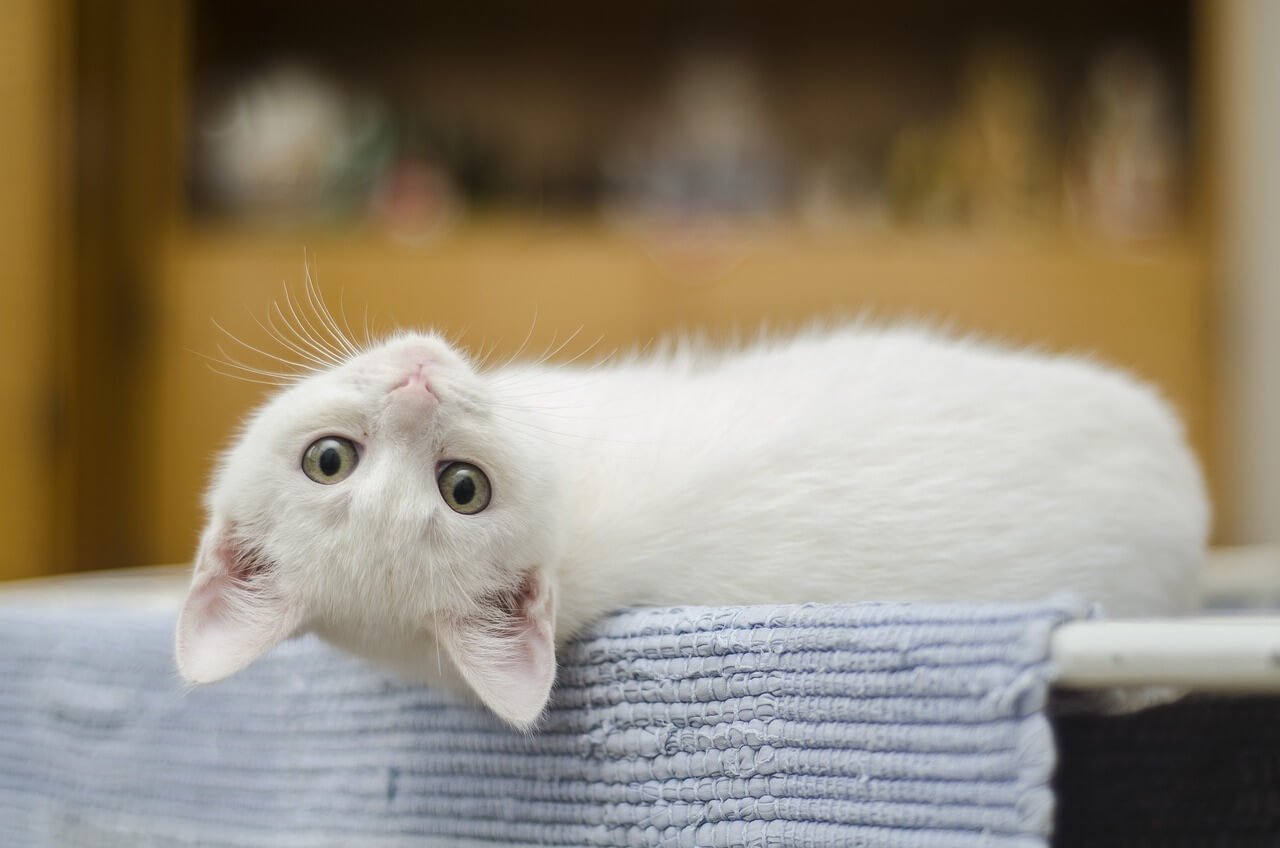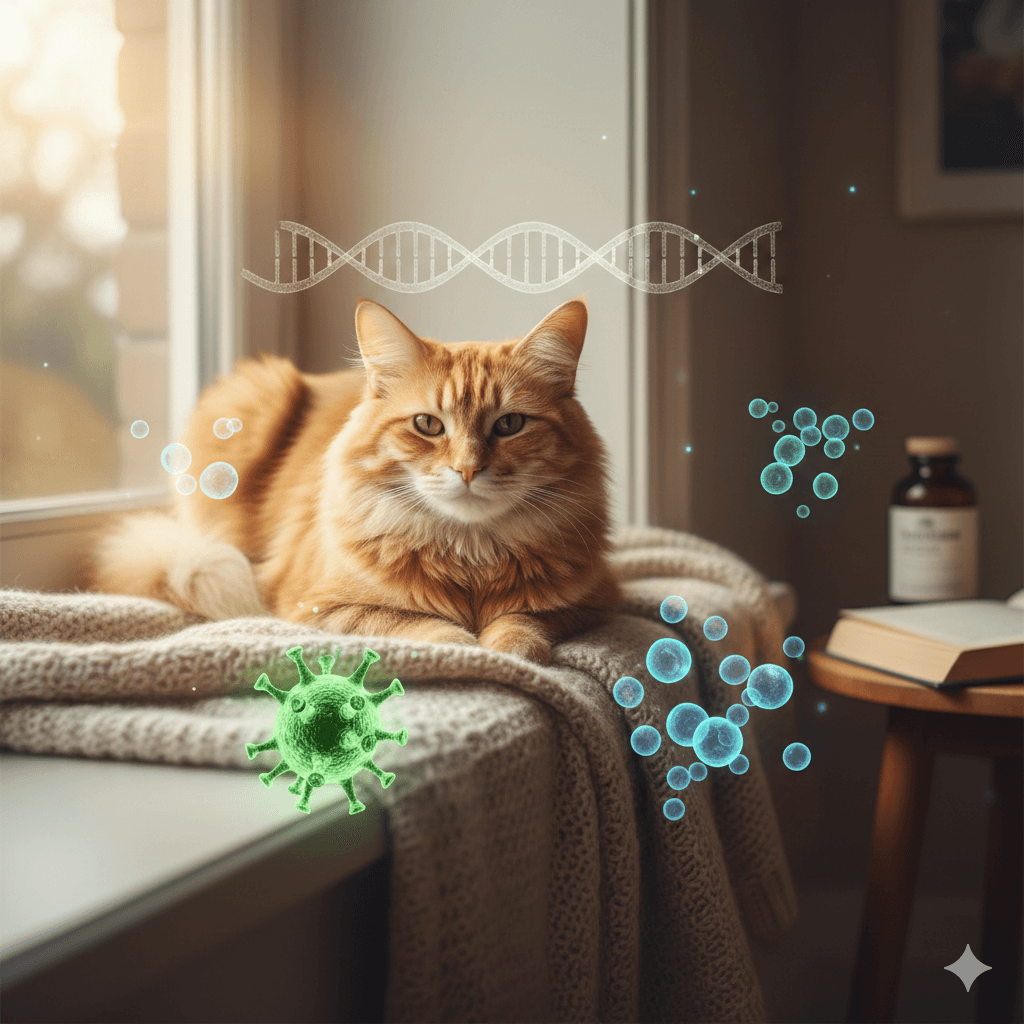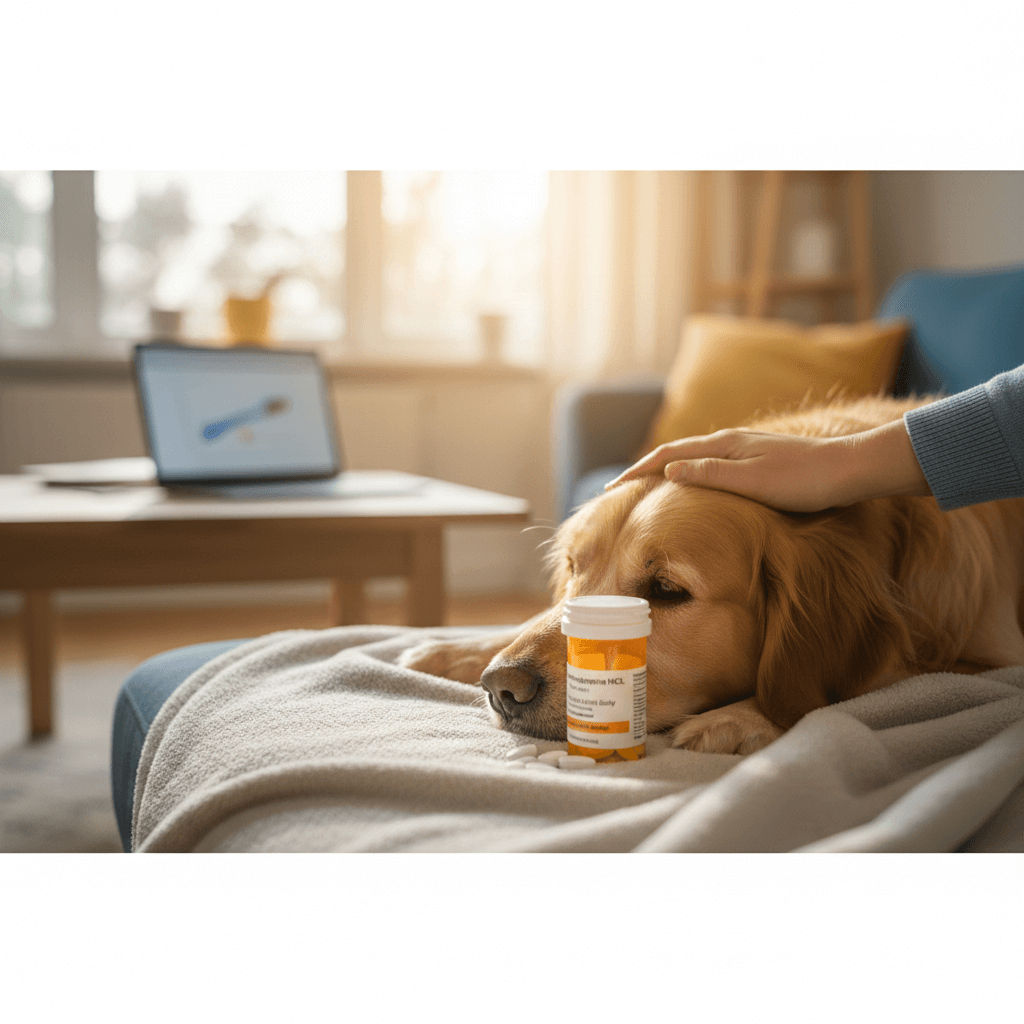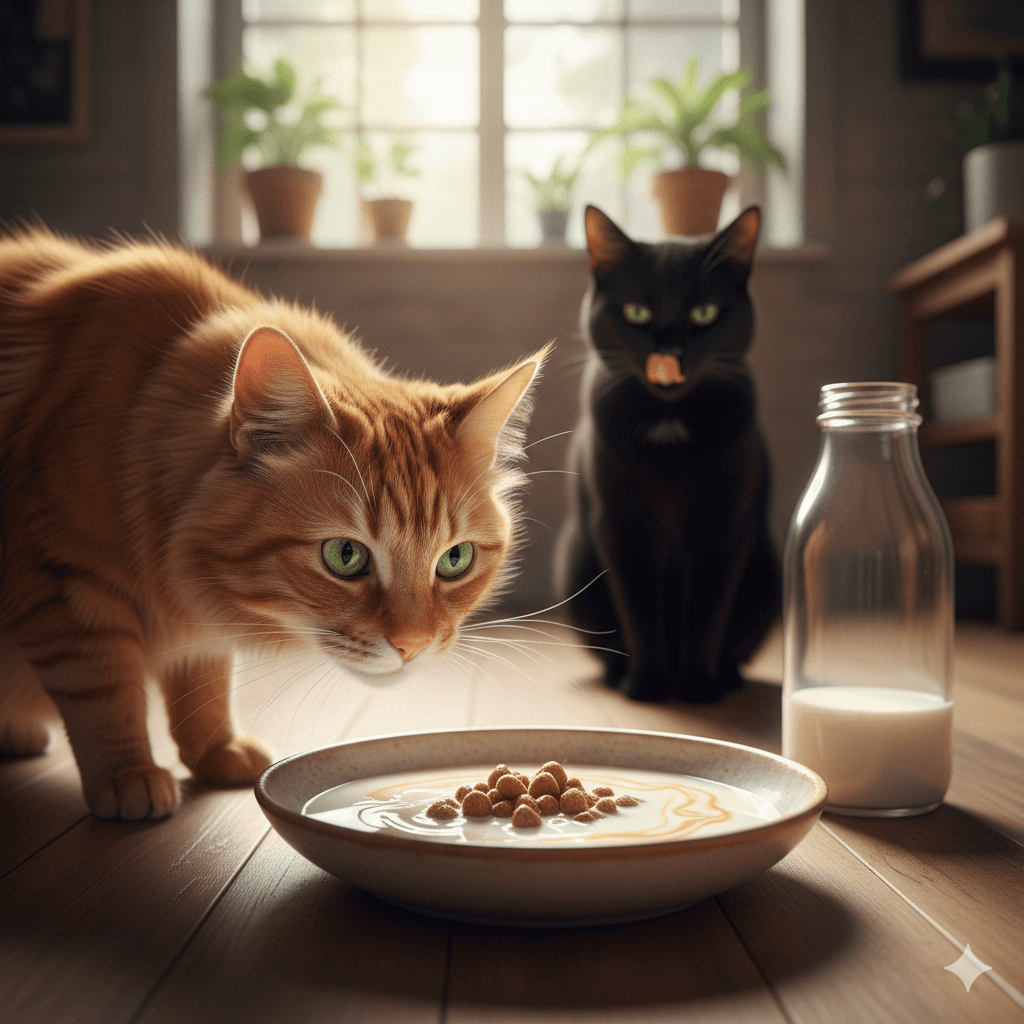Swollen Lip in Cats: What You Need to Know
A swollen lip in cats can be alarming for any pet owner, but understanding its potential causes and treatment options can help you address the issue promptly. While some cases may result from minor injuries or allergies, others could indicate more serious underlying conditions that require veterinary attention. This guide will walk you through everything you need to know about identifying, managing, and preventing swollen lips in cats. By staying informed, you can ensure your feline friend receives the care they need to stay healthy and comfortable.
Common Causes of Swollen Lips in Cats
There are several reasons why a cat’s lip might become swollen. Identifying the root cause is essential for determining the appropriate course of action. Here are some of the most common culprits:
Trauma or Injury:
Bites, scratches, or other physical injuries can lead to swelling, especially if bacteria enter the wound and cause an infection.Allergic Reactions:
Cats can develop allergies to food, plants, insect bites, or household products, which may manifest as lip swelling.Dental Issues:
Problems like gum disease, abscessed teeth, or oral infections can cause inflammation around the mouth and lips.Infections:
Bacterial or viral infections, such as feline calicivirus, often result in swollen lips and other oral symptoms.Foreign Objects:
Small objects like grass blades or splinters lodged in the mouth can irritate the tissue and lead to swelling.
Understanding these potential triggers can help you assess your cat’s condition and decide whether a vet visit is necessary.
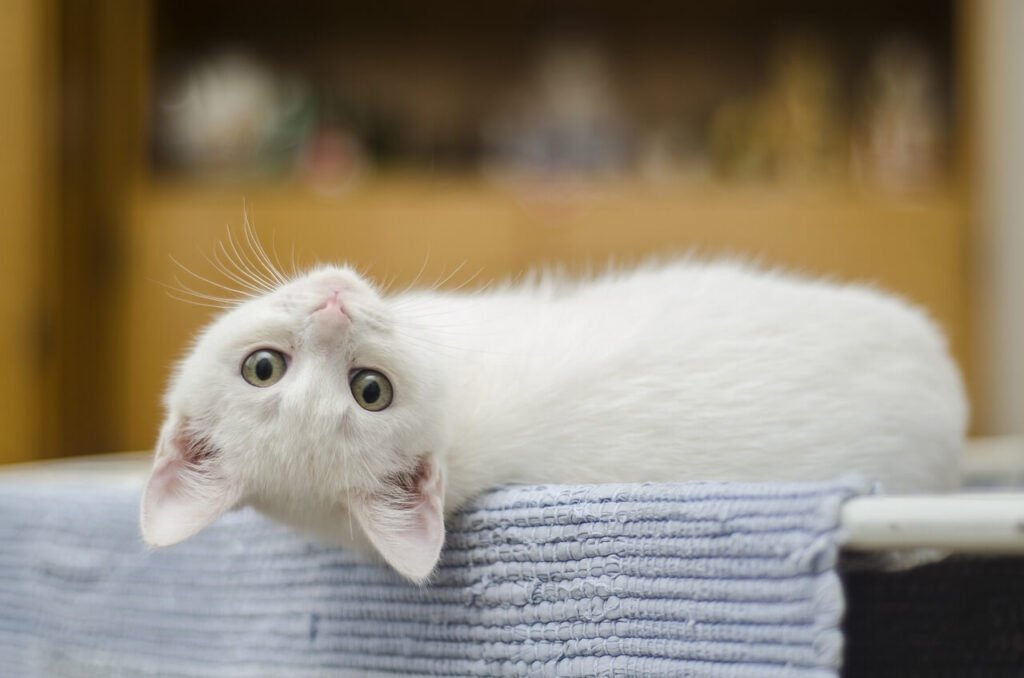
Symptoms to Watch For
In addition to a swollen lip, there are other signs that may accompany this condition. Recognizing these symptoms can provide valuable clues about the underlying cause.
Excessive Drooling:
Drooling can indicate pain or discomfort in the mouth, often associated with dental issues or infections.Difficulty Eating:
If your cat avoids food or seems reluctant to chew, it could signal oral pain or swelling affecting their ability to eat.Bad Breath:
Foul-smelling breath may point to an infection or dental problem requiring professional attention.Redness or Discharge:
Visible redness, pus, or discharge around the swollen area suggests an infection or abscess.Behavioral Changes:
Lethargy, irritability, or hiding behaviors may indicate that your cat is experiencing significant discomfort.
Monitoring these symptoms closely will help you determine the severity of the situation and seek timely care for your cat.
Check this guide 👉 Understanding Haws Syndrome in Cats: Best 7 Expert Care Tips
Check this guide 👉Understanding Cat Reverse Sneezing: Best 7 Expert Care Tips!
Check this guide 👉 Understanding Cat Antibiotics: Best 7 Expert Tips!
Potential Causes of Swollen Lips | Treatment Options |
|---|---|
Trauma or injury | Antibiotics for infections; wound care |
Allergic reactions | Antihistamines; removal of allergen |
Dental problems | Professional cleaning; tooth extraction |
Infections (bacterial/viral) | Medications; supportive care |
Foreign objects in the mouth | Removal by vet; anti-inflammatory meds |
How to Care for Your Cat at Home
If your cat has a mild case of lip swelling, there are steps you can take at home to support their recovery. However, always consult your vet before proceeding with any treatment.
Clean the Area Gently:
Use a damp cloth or saline solution to clean around the swollen area, removing dirt or debris carefully.Monitor Their Diet:
Offer soft, bland foods to avoid further irritation while your cat heals. Avoid hard kibble or treats temporarily.Apply Cold Compresses:
A cool compress wrapped in a clean cloth can reduce swelling and provide relief, but only if your cat tolerates it.Check for Allergens:
Inspect your home for potential allergens like new plants, cleaning products, or food ingredients that might have triggered the reaction.Keep Them Calm:
Minimize stress and activity to prevent worsening the swelling or causing additional harm.
Taking these precautions ensures your cat remains comfortable while you monitor their progress.
When to Seek Veterinary Care
While some cases of swollen lips resolve on their own, others require immediate attention from a veterinarian. Knowing when to seek professional help is crucial for your cat’s well-being.
Persistent Swelling:
If the swelling doesn’t improve within 24-48 hours, it’s time to consult a vet for further evaluation.Signs of Pain:
Vocalizations, pawing at the face, or reluctance to eat are indicators that your cat needs medical intervention.Fever or Lethargy:
These symptoms suggest a systemic issue, such as an infection, that requires prompt treatment.Bleeding or Open Wounds:
Any bleeding or open sores around the swollen area should be examined to prevent complications.Difficulty Breathing:
Swelling near the throat or mouth that affects breathing is an emergency and demands immediate care.
Timely veterinary intervention can prevent minor issues from escalating into serious health problems.
Preventative Measures
Preventing swollen lips in cats involves creating a safe and healthy environment. Taking proactive steps can reduce the risk of injury or illness.
Regular Dental Checkups:
Schedule routine dental exams to catch and treat oral health issues early.Supervise Playtime:
Keep an eye on interactions with other pets or outdoor activities to prevent fights or accidents.Inspect Food and Toys:
Ensure food is free from contaminants and toys don’t have sharp edges that could harm your cat.Limit Exposure to Allergens:
Identify and remove potential allergens from your home, such as certain plants or cleaning products.Maintain a Safe Environment:
Remove hazards like wires, small objects, or toxic substances that could pose risks to your cat.
By implementing these preventative measures, you can significantly lower the chances of your cat developing lip swelling.
Common Misconceptions About Swollen Lips
Many misconceptions surround swollen lips in cats, leading to confusion among pet owners. Clarifying these myths helps ensure proper care.
“It’s Just a Minor Issue That Will Go Away on Its Own.”
While some cases resolve without intervention, ignoring persistent swelling can lead to complications.“Cats Don’t Get Allergies.”
Cats are susceptible to allergies, which can manifest as lip swelling or skin irritation.“Antibiotics Are Always Necessary.”
Not all cases require antibiotics; treatment depends on the underlying cause.“Swollen Lips Are Always Caused by Injuries.”
Other factors, such as infections or dental problems, can also lead to swelling.“Over-the-Counter Medications Are Safe.”
Human medications can be toxic to cats; always consult a vet before administering any drugs.
Dispelling these myths ensures you approach swollen lips with accurate information and appropriate care.
Long-Term Care After Treatment
After addressing a swollen lip, ongoing care is essential to prevent recurrence and maintain your cat’s overall health. Here’s how to support your cat in the long term:
Follow-Up Vet Visits:
Attend scheduled checkups to monitor your cat’s recovery and rule out lingering issues.Maintain Oral Hygiene:
Brush your cat’s teeth regularly and provide dental chews to promote good oral health.Adjust Diet as Needed:
Switch to hypoallergenic or specialized diets if allergies or sensitivities were identified.Observe Behavioral Changes:
Keep an eye on eating habits, grooming routines, and energy levels to detect early warning signs.Create a Stress-Free Environment:
Reduce stressors in your cat’s life, as anxiety can weaken their immune system and increase vulnerability to illnesses.
With consistent care and attention, you can help your cat recover fully and enjoy a happy, healthy life.
FAQs About Swollen Lips in Cats
Can a swollen lip in cats go away on its own?
It depends on the cause. Minor injuries or irritations might resolve without treatment, but persistent swelling should be evaluated by a vet.
How can I tell if my cat is in pain?
Look for signs like excessive drooling, reluctance to eat, or unusual behavior such as aggression or hiding.
Are swollen lips contagious between cats?
If caused by an infection like feline herpesvirus, it could potentially spread to other cats.
Can I use over-the-counter medications for my cat’s swollen lip?
Never give human medications to cats without consulting a vet, as they can be toxic.
How long does it take for a swollen lip to heal?
Healing time varies depending on the cause; minor issues may resolve in days, while infections or injuries could take weeks.
Prioritizing Your Cat’s Health and Comfort
A swollen lip in cats can stem from various causes, ranging from minor injuries to serious infections. By recognizing the symptoms, understanding potential triggers, and knowing when to seek veterinary care, you can ensure your feline companion receives the attention they need. Whether it’s providing at-home care or consulting a professional, addressing the issue promptly minimizes discomfort and promotes faster healing. Remember, your vigilance and care play a vital role in keeping your cat happy, healthy, and thriving.
How Cats Develop Lymphoma: Best 7 Expert Tips! – Learn about causes, symptoms, and prevention to protect your cat from this common cancer.
How Dogs Develop Lymphoma: Best 7 Expert Tips! – Learn causes, symptoms, and prevention strategies to protect your dog from this common cancer.
Diphenhydramine Safe for Dogs? Best 7 Expert Tips! – Learn proper dosing, uses, and precautions to keep your dog safe while using Benadryl.
Is Milk in Cat Food Safe? Best 7 Expert Tips! – Discover the truth about milk in cat food, its risks, and how to keep your feline healthy and happy.

